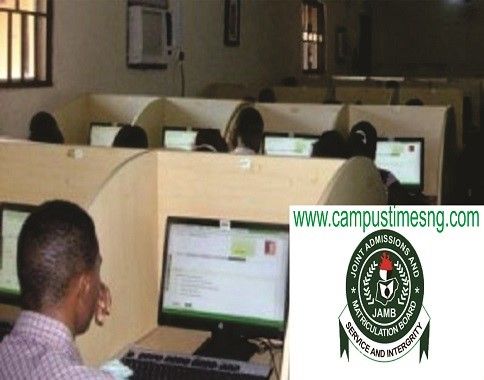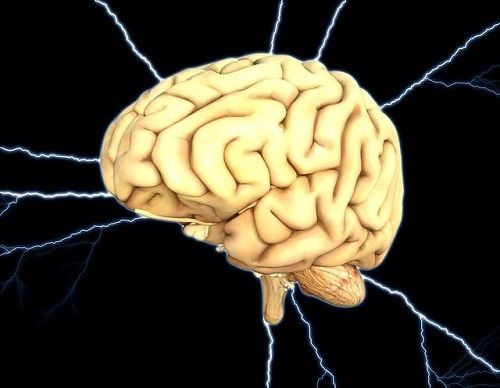Adequate preparation can help manage exam stress and allow you to get the most out of your exam study. This article will help you with some useful tips and make it possible for you to perform at your best during exam period.

Know What To Study
First of all, you have to know what to study. Find out what topics will be covered in your exam, the type of exam and its conditions. Important details include the duration of the exam and whether it has open book, multiple choice, short answer or essay question.
The unit of study outline will show you the most important topics in the unit of study. Your lecturer or tutor may suggest which topics are most important to focus on. Look at the exam questions from previous years, if they are available so as to know what to or not to expect.
Plan Your Study
Secondly, you have to plan your study. Make your plan as accurate as possible. Update your plan each day. Find out as soon as possible what topics you need to study, and work out how much time you have for each topic before the exam. At the end of each study session, make a list of what you need to cover the next time you study. This helps you cover as much as possible in the shortest possible time and helps you cut would be stress at that time.
Prioritise and do a quick review of all the main topics, then go back to the topics that are more difficult and review those in more detail. If you don’t know how much detail you need to study, try looking at each topic in progressively more detail. That is first studying all of the topics at a very general level (for example, just the main concepts). Then go back and study each topic in more detail.
Look Out For Extra Details On The Topic
Finally, if you have enough time, go back and look at some extra details on each topic. This cuts on the confusion you would develop if you were to read without a prior plan.
Its not recommended that you leave studying for the night before a test. Research shows that losing sleep to study makes you perform worse academically. Having regular study sessions which don’t interfere with your sleep time means you’ll be well-rested and can learn more effectively.
Often you can improve and solidify your understanding by discussing the concepts and information with someone else.
Concentration Is Vital
Choose to study at a time when you are naturally alert and focused. For example, if you are a morning person, don’t try to study late at night. Before each task, remind yourself of its specific purpose. For example, do you really need to read the whole chapter, or to only check the paragraph about one particular topic? If you lose concentration while you are reading or studying, stop.
If you find that you are procrastinating (spending your time on things that are a low priority, such as checking social media), stop and deal with it immediately. For example, turn off your phone, log out of your social media accounts, turn off the TV.
If you can do this in the days to the exam/test perfectly, you would surely make powerful use of that very short time to gain so much in your preparation for your exam. Instantly, you would control the exam pressure and stress.
Relevant Posts:
How To Manage Exam Stress More Effectively
Tips To Overcoming Examination Fever For Freshers
Forget Expo!!! Here Are 7 Clever Ways To Pass JAMB
Top 7 Reasons Intelligent Students Score Low In JAMB
Adequate preparation can help manage exam stress and allow you to get the most out of your exam study.
I hope this article has helped you with some useful tips and make it possible for you to perform at your best during exam period.
Share this post on various social media platforms and pass questions and comments in the box below for a prompt response.




















